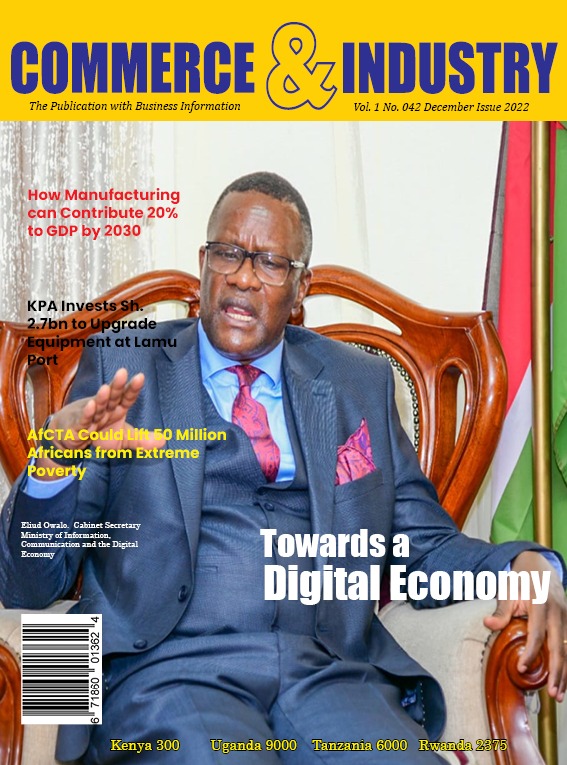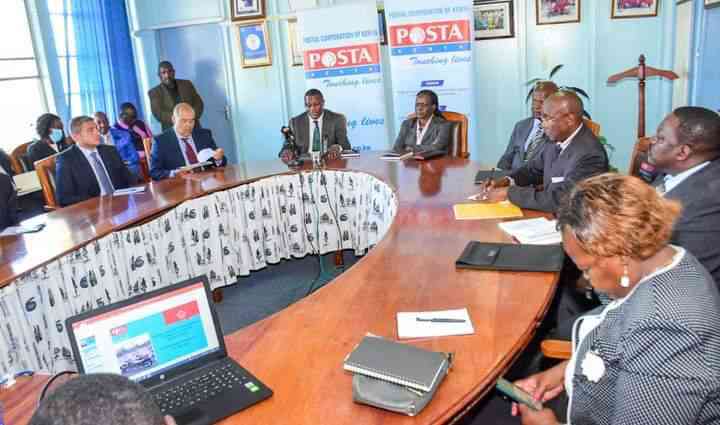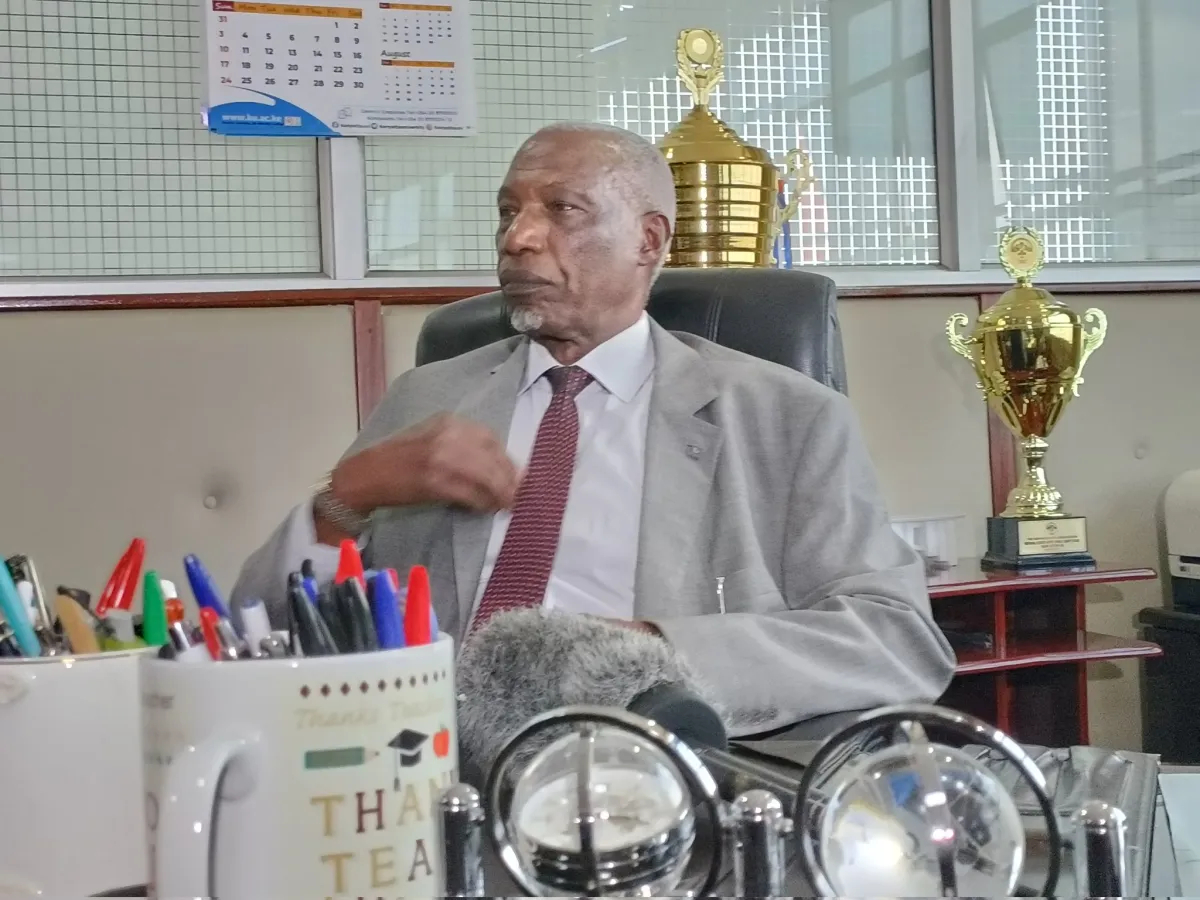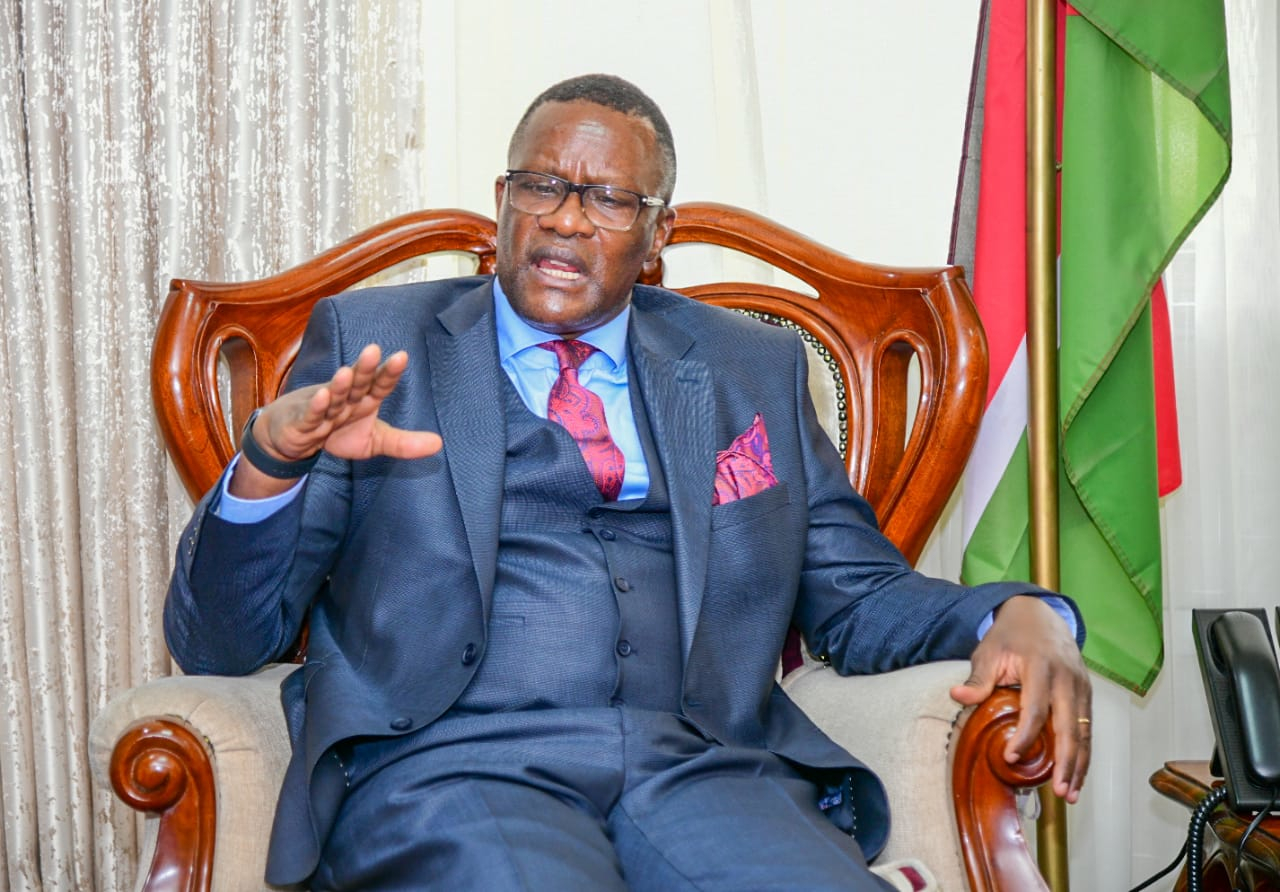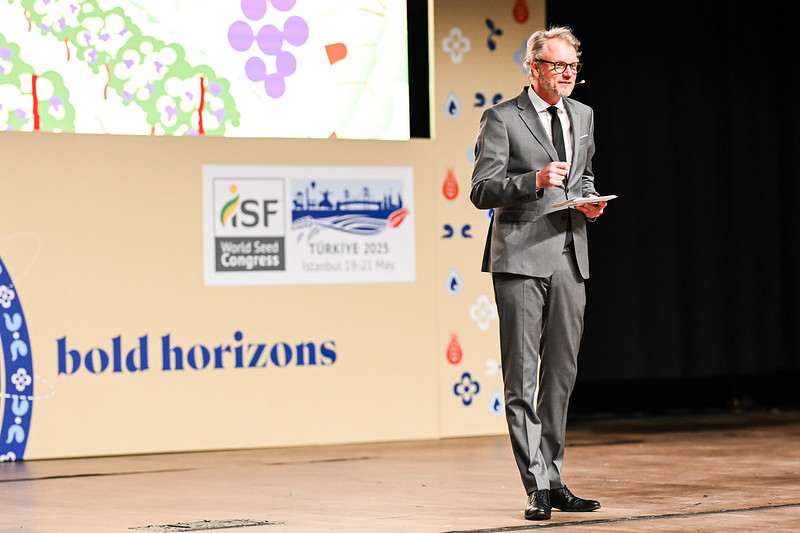
Global seed congress in Istanbul raises alarm over Trade barriers
- Trade barriers like tariffs are a major challenge for seed companies worldwide, including those supporting agriculture in Africa
Over 1,600 delegates from more than 70 countries are gathered in Istanbul, Turkey for the World Seed Congress 2025, the largest global forum for the seed industry.
The event comes amid growing trade disruptions that are affecting the availability of seeds and threatening global food security.
Organized by the International Seed Federation (ISF) and Türkiye’s National Organizing Committee under the theme “Discovering Bold Horizons,” the Congress focuses on rising trade barriers, innovation in plant breeding, and the future of sustainable agriculture. A key concern is the growing number of tariffs, inconsistent regulations, and policy uncertainty that are hindering international seed trade.
ISF President Arthur Santosh Attavar noted that the global seed sector depends on cross-border trade. “Trade barriers like tariffs are a major challenge for seed companies worldwide, including those supporting agriculture in Africa,” he said.
In Africa, where many countries, including Kenya depend on seed imports and global partnerships to modernize agriculture, these trade challenges are particularly significant. Kenya’s adoption of improved seed varieties, especially those resilient to climate change, depends on access to advanced technologies and predictable global supply chains.
ISF Secretary General Michael Keller highlighted the complex regulatory environment that seed companies must navigate, including phytosanitary rules, genome editing policies, and intellectual property rights. “This isn’t just a trade issue,” he said adding; “It’s about ensuring timely access to quality seeds, particularly in developing countries.”
In 2023, global seed exports reached USD 16.3 billion (approximately Sh2.1 trillion) with more than 7.6 million metric tons (7.6 billion kilograms) of seed traded. This reflects the scale and importance of the sector in food production, climate adaptation, and innovation.
Africa is starting to increase its presence in the seed industry, both as a consumer and as an emerging innovator. Kenya, in particular, is expanding its capacity in seed production, certification, and export. With supportive policies and increased investment, the country could tap into the global seed trade, improve productivity, and strengthen food and nutrition security.
Efficient trade systems, harmonized standards, and regional cooperation are essential. Without alignment to international best practices, countries risk falling behind in accessing or distributing high-quality seeds.
In Kenya, improved seed varieties have led to yield increases of up to 50 percent in staple crops such as maize, beans, and sorghum. Similar success stories include wheat production in Ethiopia and soybean expansion in Nigeria.
Private sector involvement is also growing. While in developed countries over 50 percent of crop research is led by private firms, African governments are working to attract similar investments. Kenya has become a hub for seed testing and regulatory development, with countries like Malawi, Ghana, and Tanzania showing similar progress.
Still, Africa’s agricultural potential remains underutilized. “While the continent has large areas of arable land, many indigenous crops remain underdeveloped to meet global standards. “There is need to address soil fertility and nutrition to fully benefit from improved seed varieties”, said 2024 World Food Prize Laureate Dr. Cary Fowler.
The Congress also addresses challenges such as fake seeds, misinformation, and weak seed systems. The three days’ event that ends on 21st May 2025 focuses on combating counterfeit seeds, supporting biodiversity, and strengthening public awareness.
Regional organizations and global partners are encouraging African governments to invest in seed system resilience, regulatory harmonization, and local research. The message from opening sessions is clear: food security requires international collaboration.
“Food security cannot be addressed without cooperation. Some of the issues raised in Istanbul will be discussed during the upcoming International Federation of Agricultural Journalists (IFAJ) Congress in Nairobi, Kenya from 15th -18th October 2025,” said Daniel Aghan, Local Organizing Committee representative and Secretary, the Media for Environment, Science, Health and Agriculture (MESHA).
“The Congress will bring over 250 global agricultural journalists to Kenya to discuss climate, food security, and science communication.” As Kenya and its neighbors navigate climate change, population growth, and trade volatility, the outcomes of the World Seed Congress 2025 offer practical insights for strengthening Africa’s agricultural systems.


